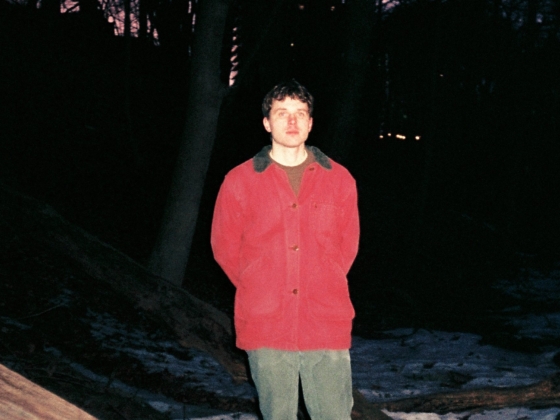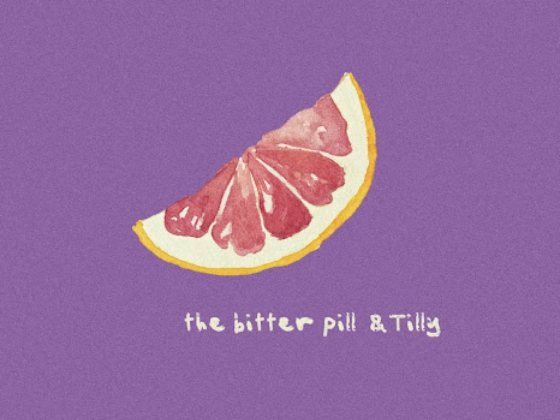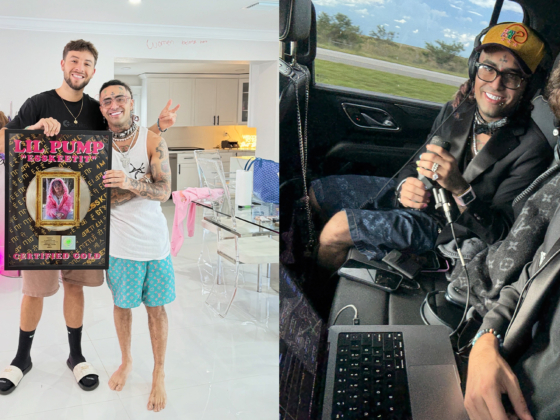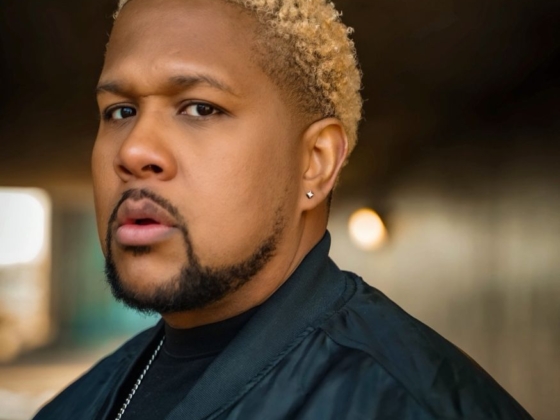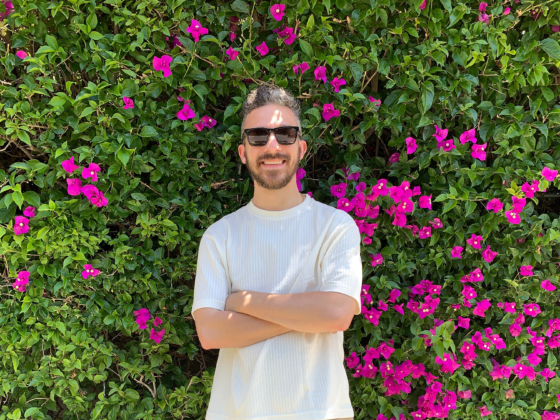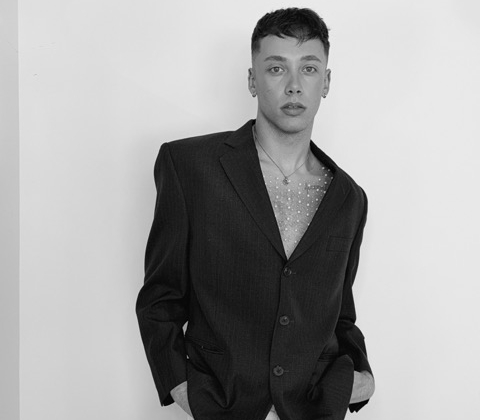Jon Hopkins hardly needs an introduction, but he is firmly established in electronic music, and a widely known and renowned name. Versatility in every sense of the word, his sound is signature yet unpredictable. From breathtaking film scores to enlightening albums, his artistic range is one that is revered an admired. We got to have a little chit-chat with him, and he updates us with his new album and some of his personal inspirations and favorites.
EARMILK: Let's talk about your new EP (released on the 10th of November).
Jon Hopkins: The new EP was an amazing experience to make. For the first time, I wrote music outside of London, and outside of a city. Being surrounded by space and peace had a profound effect on what came out. This record represents a different, more meditative side of me than Immunity did. Making it was in some ways like the antidote to the experience of touring so hard for the last year and a half. In order to deal with such a crazy schedule I have reently gotten deeper into a lot of the techniques I've been using for years – the self-hypnosis, the meditation, the kundalini yoga. This record really focuses on the effects these things have on me.
EM: Your music can be described as being quite synth heavy, yet ethereal. I guess you could also say cinematic too, your show at Echoplex recently was so dramatic and definitely covered the whole spectrum. The delicate pianos to booming crescendos. Has classical music has been influential to you to some degree?
JH: For me it's more that film scores have had an influence rather than classical music. People hear the acoustic instrumentation in some of these tracks and think "classical" but these ideas are more traceable to scores by the likes of Thomas Newman, Carter Burwell, Michael Andrews, or Angelo Badalamenti.
EM: Last year XLR8R did a feature on your studio and work process, and you said, "Maybe I'm just stubborn about learning new things – I can't stand learning new programs – but any sound I can imagine, I can make with SoundForge". I can definitely relate to that mentality of sticking to what works, but how far do you push your comfort zone in both sound and tools?
JH: I like to make some changes before starting each new album. Before starting Immunity I moved from Cubase on a PC to Logic on a mac (whilst keeping SoundForge in there, crucially), plus bought a couple of vintage synths. For me it's about having a balance of the things you need in order to keep a good work flow, and enough new things to inspire you to work in a different way and push your sound forward.
EM: In recent years, it seems that more and more popular directors are collaborating with artists in regards to original film scores including Paul Thomas Anderson with Radiohead's Jonny Greenwood and David Fincher with Trent Reznor. You've collaborated in several films including Peter Jackson's The Lovely Bones (2009), Monsters (2010), and last year's How I Live Now with Bat For Lashes. Is your process of creating music for films quite different than your solo material? How?
JH: It's generally a bit easier, I find – mostly because the story is already there, and my job is just to add atmosphere and potency to it. When you write an album, it's a totally blank canvas.. you have to invent everything, the whole world and everything that inhabits it. The discipline is much tighter on films though – I have had to write up to 30 pieces of new music in the space of 6 weeks – whereas on a solo album, I might spend 6 weeks on one track.
EM: You've also been part of the re-scoring of the cult-favorite Drive (2011) as part of a curation project by BBC's Zane Lowe (debuted October 30th on BBC 3). How did you get involved with that?
JH: Zane asked me to do it. It was great fun, and quite intense to be working with such classic imagery. It's also an experience I don't imagine I'll have again – to write music over scenes I already know so well.
EM: Is it a relief to hear that Nicolas Refn Winding, the director, supports this project? Especially since a lot of people's initial reactions were that the original was already so amazing?
JH: I think those people missed the point… it wasn't supposed to be an improvement or a replacement, just an alternative and a great starting point for some new music to be written. Yeah, when I first came on board I knew the director was behind it.
(I've actually seen the re-scored movie and it took a while to warm up to it since I associated scenes with certain tracks, but it was interesting nonetheless. If you haven't, I'd say give it a go, it's actually quite good).
Some opinions:
EM: What is an issue or event that's happened in music recently that you disagree with or dislike?
JH: I can't think of one, sorry..
(Damn, my attempt at being like TMP is not off to a great start, I suppose he is too busy for drama, fair enough).
EM: I became acquainted with your music after hearing your magnificent remix of Wild Beasts' Two Dancers II back in 2009. Do you have any plans to work with Wild Beasts in the near or late future?
[soundcloud url="https://api.soundcloud.com/tracks/4438180" params="auto_play=false&hide_related=false&show_comments=true&show_user=true&show_reposts=false&visual=true" width="100%" height="450" iframe="true" /]
JH: No, there is nothing in discussion, but I'm really proud of the track "Goodbye Horses" that I did with Hayden a couple of years ago. That was the follow-up to that original remix, I guess. I love the band and everything they do – maybe we'll try and do some shows together one day.
EM: So, what are a few of your current favorite artists, and are there any artists you're rediscovering again?
JH: I've recently been really enjoying the new James Yorkston album, also the new War On Drugs one. I'm always listening to old Harold Budd and Brian Eno records, plus the more experimental Talk Talk albums. I'm not currently listening to much electronic stuff.
EM: Lastly, what are your thoughts on "future" genres? Is it an excuse to say you're producing a new sound or is it an evolution in its respective genre?
JH: I don't think I have any thoughts on future genres. I think most things have been done, it's just how you combine them that counts. I don't know what I'm going to write next myself at all – I tend to only find out as I'm writing it. Genre terms are useful when writing about or describing music, but not in the actual making of it. It seems to me that the rhythms that people define electronic music by come and go cyclically – I imagine there will be a breakbeat revival next. Maybe it's already happened in fact and I missed it.
You heard it here first guys, let's make future-breakbeat happen. (Just kidding, don't do that). It was a great pleasure getting to talk to this profoundly talented musician, and hopefully we can catch up with him again soon.




